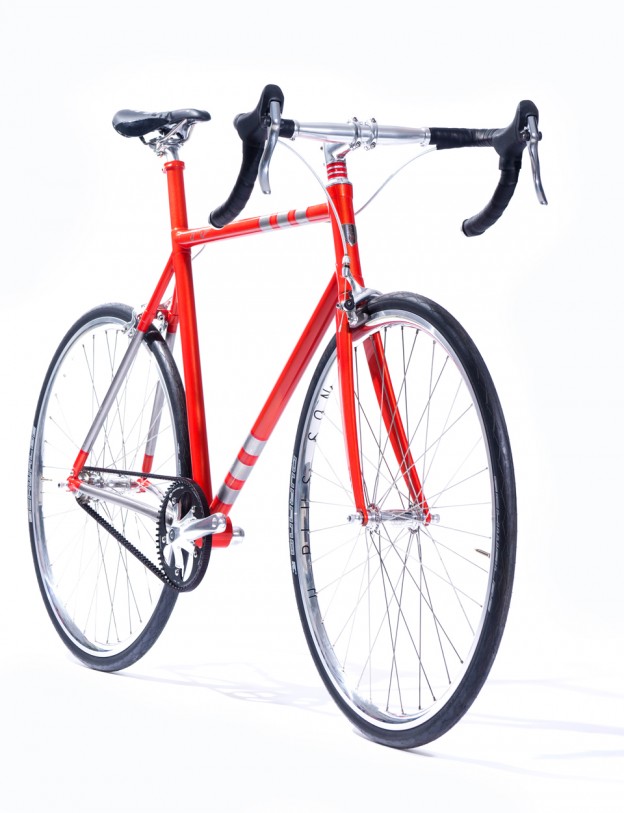
The 3DP-F1 contains titanium parts precision built through 3D printing. Courtesy of Flying Machines.
Latest News
June 12, 2015
Additive manufacturing (AM) is here to stay and will only improve as time goes by and technology matures. Recognizing the value of AM, nations around the world have invested in it, organizing national workshops in order to remain competitive in the global market. The US has America Makes (formerly known as NAMII), and China and the UK have invested heavily into developing AM.
Australia is set to join the other nations with the launch of Lab 22, an offshoot of CSIRO (Commonwealth Scientific and Industrial Research Organization). While CSIRO itself already handles much of Australia’s existent AM research, Lab 22 is meant to assist businesses in developing new strategies to incorporate 3D printing into business operations. Additionally, Lab 22 is meant to find new ways to use the nation’s abundance of titanium.
 The 3DP-F1 contains titanium parts precision built through 3D printing. Image courtesy of Flying Machines.
The 3DP-F1 contains titanium parts precision built through 3D printing. Image courtesy of Flying Machines.“We’re providing Australian companies with a unique opportunity to access some of the most advanced additive manufacturing equipment with the help of our experienced technical experts, for a comparatively minimal daily fee,” said Alex Kingsbury, CSIRO additive manufacturing research leader. “It’s critical for companies to be able to take advantage of new technology and development if they are to remain internationally competitive, but investment can be risky and expensive and the technical aspects are complicated.”
To assist with its efforts to bring Australian businesses up to speed, Lab 22 has be outfitted with several industrial grade AM systems. Through a partnership with the new development workshop, businesses have access to an Arcam A1, Concept Laser M2, Optomec LENS MR-7 and a voxeljet VX1000. The systems involved are capable of using a number of different metallic materials, and one final system, the Cold Spray Plasma Giken, even offers heat-free manufacturing possibilities.
Four businesses have already signed up with Lab 22, including Nezkot Precision Tooling, an aerospace and defense provider; and Bastion Cycles, which is interested in developing titanium AM practices to manufacture super lightweight bicycle frames. The other two businesses, Keech3D and MadeForMe, are AM service bureaus testing the metal 3D printing waters.
As testing advances, Lab 22 will investigate ways of leveraging Australia’s massive titanium reserves (the second largest in the world) to give its businesses a competitive advantage. The new workshop has already made news as part of the team that designed and built a working 3D printed jet engine. Below you’ll find a video about Lab 22.
Subscribe to our FREE magazine, FREE email newsletters or both!
Latest News
About the Author
John NewmanJohn Newman is a Digital Engineering contributor who focuses on 3D printing. Contact him via [email protected] and read his posts on Rapid Ready Technology.
Follow DE





